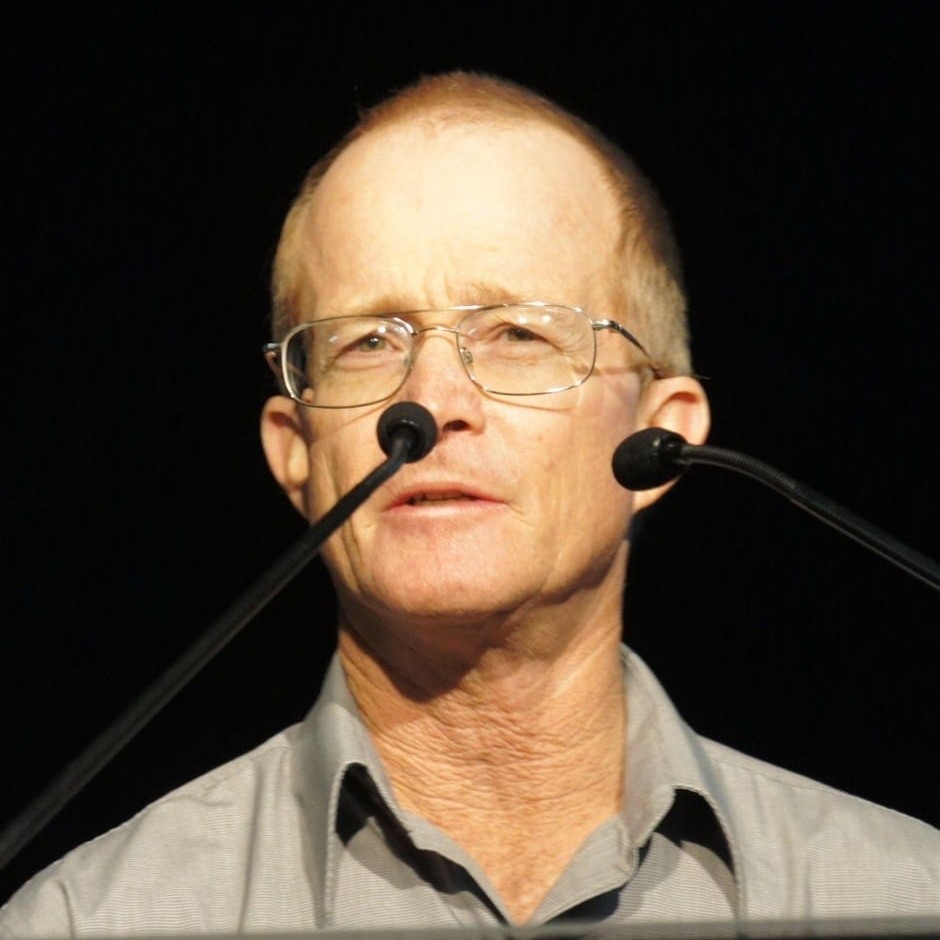 An unexplained 10 percent calf loss from when females are pregnancy tested in-calf through to weaning has been identified as a major cause of production inefficiency across northern Australia's cattle industry.
An unexplained 10 percent calf loss from when females are pregnancy tested in-calf through to weaning has been identified as a major cause of production inefficiency across northern Australia's cattle industry.
A mountain of data has now been collected from the $2 million Meat & Livestock Australia-funded Cash Cow project initiated in 2009 which set out to investigate just what are the realistic achievable targets for optimal reproductive performance in northern herds.
Project leader Professor Mike McGowan (University of Queensland School of Veterinary Science) and Dr Geoff Fordyce (Charters Towers) have been working with a huge team of veterinary research scientists and beef extension officers to collect on-farm performance data across two to three reproduction cycles involving 70,000 females on 78 properties.
From all the trial data collected from differing land types across four major regions, it was the northern forest region where production losses were heaviest and deemed most difficult to manage. Half of the properties surveyed recorded a 13pc calf loss from a confirmed pregnancy prior to weaning.
Dr Fordyce said the huge variation in breeder production efficiency was due to herd management inputs and seasonal conditions rather than the class of country which ranged from open downs, southern forest, brigalow and northern forest regions.
"The task now for the Cash Cow team is to identify the major factors contributing to the significant variation in reproductive performance in northern herds and use the data from the top 25pc of herds to set achievable benchmarks," Dr Fordyce said.
Prof McGowan said a major herd performance issue in the northern forest sector was the ability of the first lactation female to get back into calf.
"In the south region, 45pc of these first lacation females went back into calf whereas in the north just 9pc where pregnancy tested back in calf.
"When looking at mature breeders, the achievable back-in-calf performance from the downs country herds was 70pc whereas in the northern forest just 17pc of cows tested back in calf four months after calving."
Prof McGowan said when the team looked at the factors influencing breeders not going back into calf, there was a 39pc difference in pregnancy rates between those breeders calving in the December-January period and those calving in the July-August dry season.
At the pregancy diagnosis muster, body score condition (BSC) was recorded and this was a strong predictor of future breeder performance. To lift an animal's BSC from 2 to 3 would require a liveweight gain of 60kg which is virtually unachievable in the mid to late dry season when pasture protein and energy was at its lowest.
"Pregnancy rates for BSC 2 females were around 20pc whereas those with a BSC 3 were 50pc which showed that planning the time of weaning should focus on the BSC of the breeder and not the weight of the weaner," Prof McGowan said.
Environmental and seasonal factors also came into play. While wet season phosphorus supplementation was a vital management tool, the reproductive response in northern herds was still being determined.
Calf losses attributed to cows calving in hot weather where temperatures exceed 35 deg C at 20pc humidity also needed further investigation and mustering of small out-of-season calves resulting in mis-mothering was another contributing factor.
Early analysis demonstrates that the Bos indicus females which equate to 75pc of the trial herds had a lower percentage pregnancy rate at four months after calving and had a higher risk of calf loss between pregnancy diagnosis and weaning when compared with the composite Bos taurus content females.
The Cash Cow project aims to define achievable herd performance and use the data collated on-farm to design simple measures in a tool that can be readily accessed by northern producers.



HAVE YOUR SAY